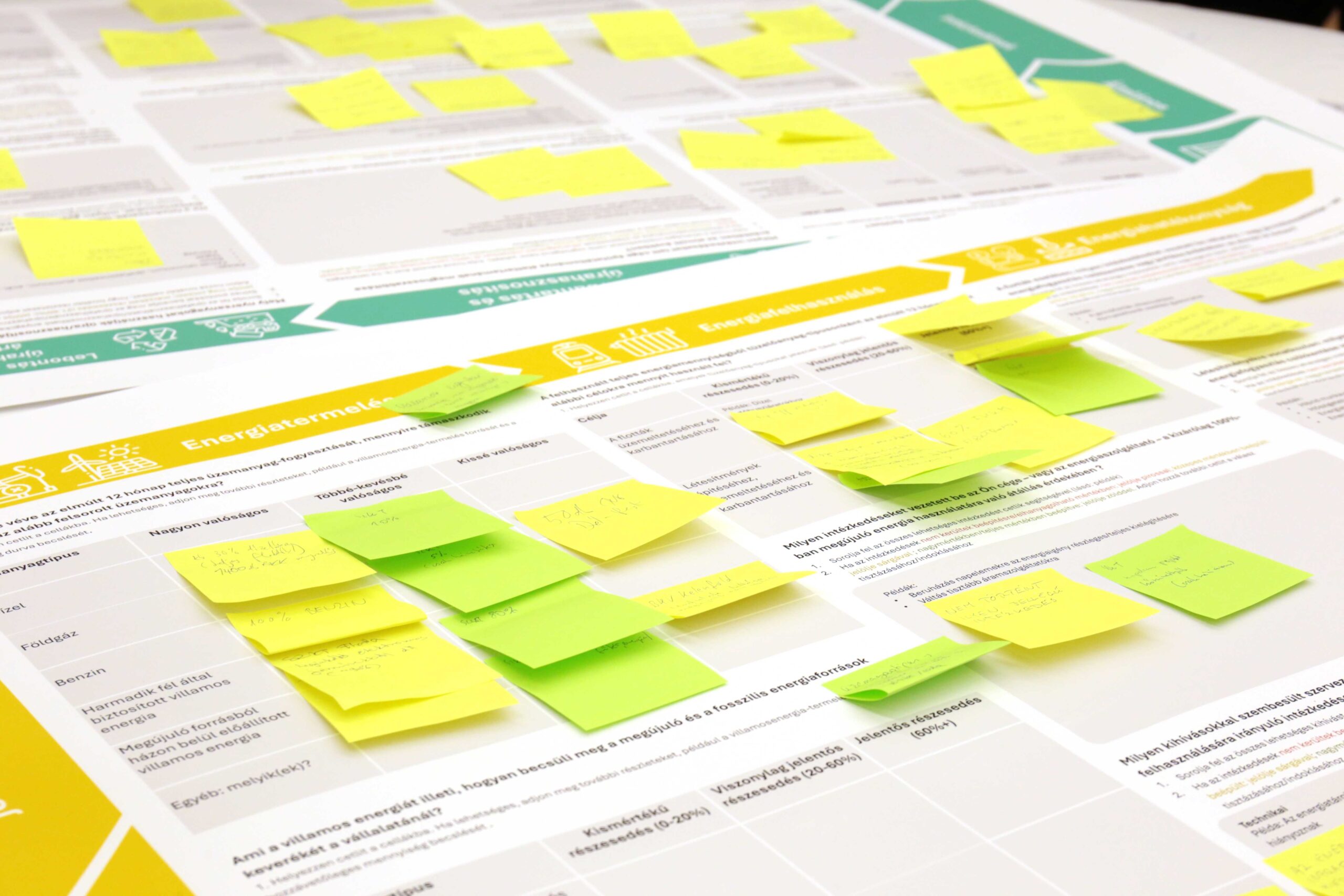Why Circular Economy in Public Transport? European cities are at the forefront of sustainable mobility, but challenges remain:
- High resource consumption in vehicle production and infrastructure
- Limited lifespan of batteries in electric buses and trains
- Unplanned maintenance costs leading to inefficiencies and disruptions
- Waste from old vehicles and components that could be repurposed
The scope of this hackathon is to create innovative solutions to real world problems. Concretely, the event would focus on developing innovative, feasible, and scalable solutions for applying circular economy principles to public transport in European cities, starting from the CE4CE pilots in Leipzig, Bergamo, Gdynia and Maribor. It would cover multiple domains, from technical solutions like predictive maintenance and second-life battery applications to business models that promote sustainability in public transport operations.
This hackathon is open to students passionate about sustainability, engineering, technology, and urban mobility from the Universities partner in CE4CE project: University Maribor, University Gdansk and potentially TU Munich. Their ideas can contribute to a more resilient and circular public transport system.
Timeline
- 27.10.2025 – Kick-off webinar for the hackathon introduction
- 27.10.2025 – 17.11.2025 – Students form groups and work on the topics
- 17.11.2025 – Paper submission
- 17.11.2025 – 24.11.2025 – Papers’ evaluation
- 27.11.2025 – Announcement of results
Tasks
During the hackathon, tasks will be organized around the project’s pilots. Students will work in teams of up to three members and select one pilot topic to focus on. The available pilot areas are:
- Circular economy business models (Use case Gdynia)
- Predictive maintenance & smart asset management (Use case Leipzig)
- Public transport resource efficiency (Use case Szeged)
- 2nd life batteries for public transport (Use case Maribor)
Results
Participants will provide one of the following end products:
- Prototype Solutions – Software tools, algorithms, or hardware concepts
- Business Models – Sustainable economic frameworks for circular transport
- Data Insights – AI/ML-driven predictions and analytics for optimizing transport sustainability
- Policy Recommendations – Practical strategies for city authorities and operators
